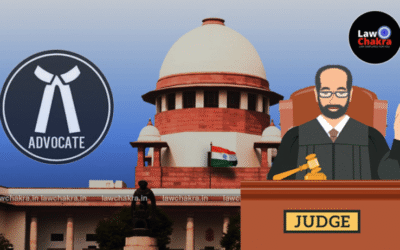BNS Section 217 – False information, with intent to cause public servant to use his lawful power to the injury of another person
The Indian Penal Code (IPC) Section – 182
Understanding BNS-217: False Information with Intent to Cause Public Servant to Use Lawful Power to Injure Another Person
Providing false information to a public servant with the intent to cause harm or annoyance to another person is a serious offense. BNS-217 is a legal provision that penalizes individuals who knowingly give false information to misuse the lawful powers of a public servant. Let’s break this down in simple terms.
What is BNS-217?
BNS-217 is a law that punishes individuals who provide false information to a public servant, intending to cause the public servant to misuse their lawful powers to harm or annoy another person. This ensures that public servants are not misled into taking actions that could harm others.
Key Elements of BNS-217
To understand this law, let’s look at its main components:
| Element | Description |
|---|---|
| False Information | The person must knowingly provide false information to a public servant. |
| Intent to Cause Harm | The person must intend to cause the public servant to misuse their lawful powers to harm or annoy another person. |
| Public Servant | The false information must be given to a public servant. |
Punishment Under BNS-217
If someone is found guilty of this offense, they can face the following punishments:
| Punishment | Details |
|---|---|
| Imprisonment | Up to 1 year. |
| Fine | Up to ₹10,000. |
| Both | The court may order both imprisonment and a fine. |
Legal Procedure for BNS-217
Here’s how the legal process works for this offense:
| Aspect | Details |
|---|---|
| Cognizable or Non-cognizable | Non-cognizable (police cannot arrest without a warrant). |
| Bailable or Non-bailable | Bailable (the accused can seek bail). |
| Court Jurisdiction | The case is tried by any Magistrate. |
Why is BNS-217 Important?
This law is crucial for the following reasons:
- Prevents Misuse of Power: It ensures that public servants are not misled into misusing their lawful powers to harm or annoy others.
- Protects Individuals: It safeguards individuals from being targeted or harassed due to false information.
- Maintains Integrity: It upholds the integrity of legal and administrative processes by penalizing false information.
Key Takeaways
- BNS-217 applies to individuals who knowingly provide false information to a public servant with the intent to cause harm or annoyance to another person.
- The offense involves intentionally misleading a public servant to misuse their lawful powers.
- Punishment includes up to 1 year imprisonment, a ₹10,000 fine, or both.
- The case is non-cognizable, bailable, and tried by any Magistrate.
Example Scenario
Let’s take an example to understand this better:
- Case: A person falsely informs a police officer that their neighbor is storing illegal goods, knowing the information is false and intending to cause a search of the neighbor’s house.
- Outcome: The person can face up to 1 year imprisonment, a ₹10,000 fine, or both.
Final Thoughts
BNS-217 is an important law that ensures individuals do not misuse the powers of public servants to harm or annoy others. If you ever come across someone intentionally providing false information to cause harm, remember that the law is there to address such misconduct.


